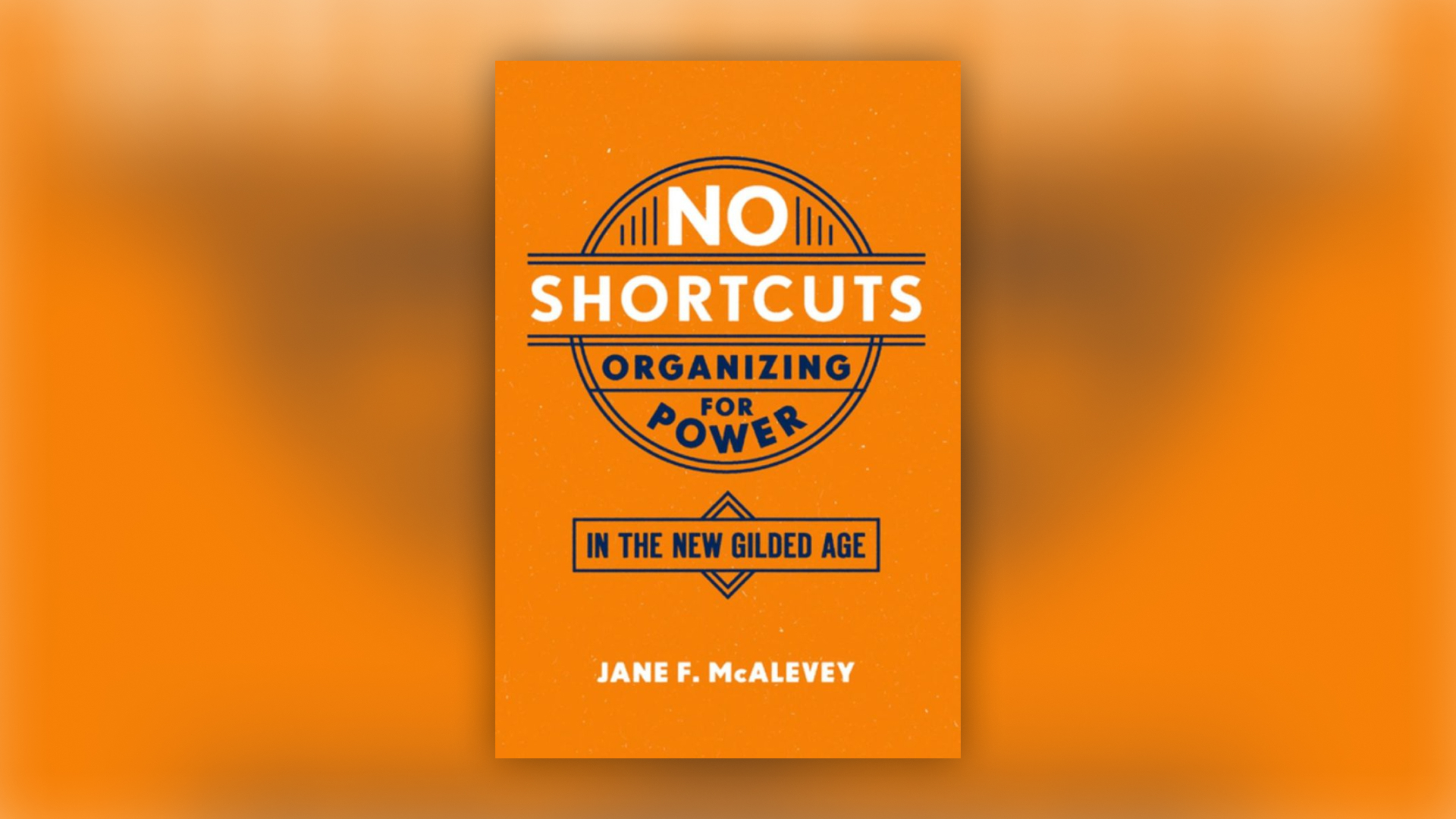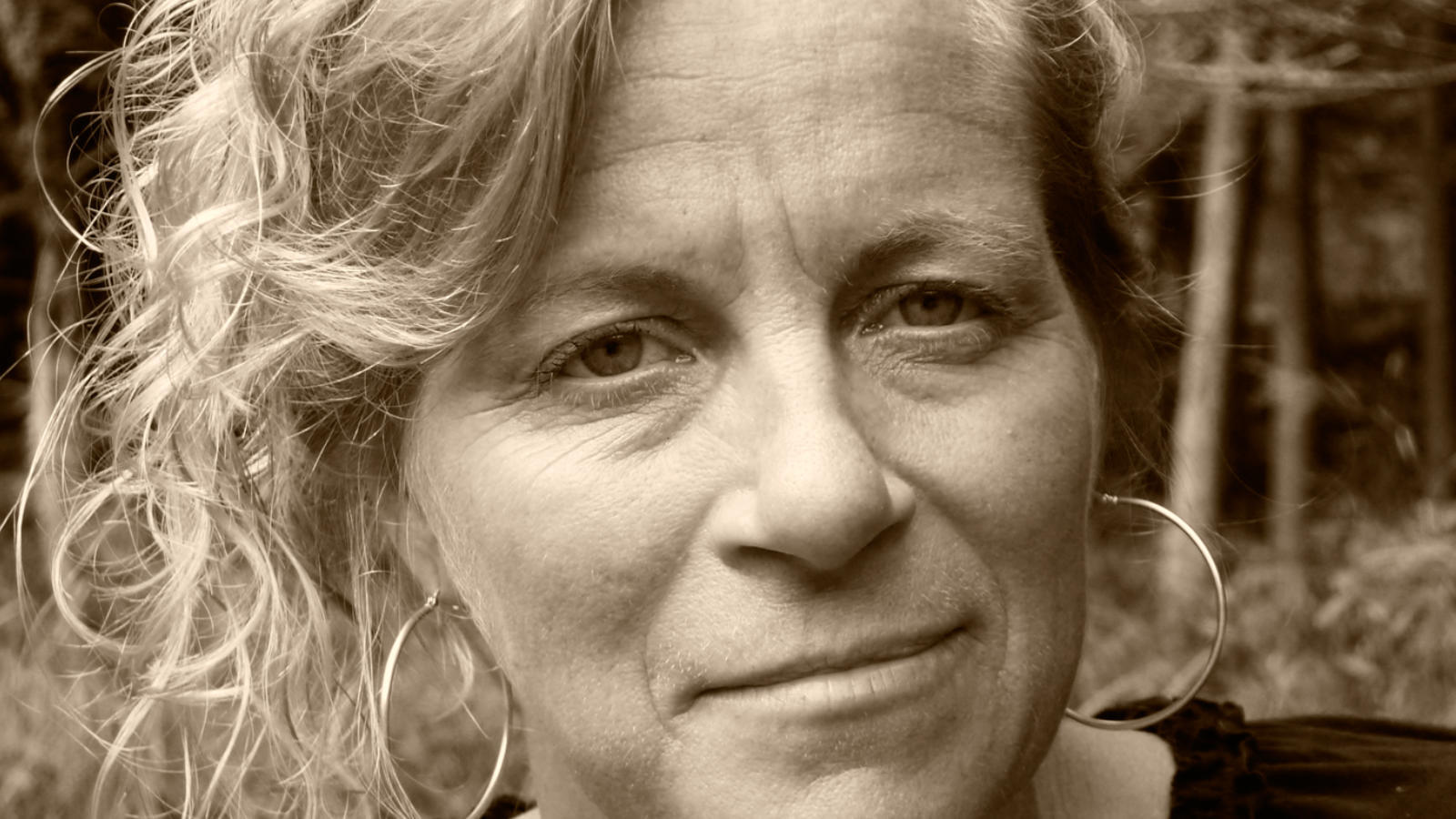Resources
No Shortcuts: Organizing for Power in the New Gilded Age by Jane McAlevey
Learn why your campaign is failing and how to win again.
Stephanie Wong | 12 Oct 2017

This post uses affiliate links which means that when you buy an item using the link provided we receive a portion of the sale. Affiliate links are marked with a ⟡
The 1 percent have a vast armoury of material resources and political special forces but the 99 percent have an army.
No Shortcuts tells us how to build our army of the people and fight for justice and equity both within and beyond the workplace. No Shortcuts shares McAleveys findings from interviewing and researching people involved in labour and social movement campaigns across America lifting up their successes and failures. Here, she makes the argument those succeeding are following the deep methods of organising no shortcuts (and we agree!).
Three takeaways
- You can not shortcut the methods of organising. This is a craft that takes time, must be deeply respectful to the people and be built to win. It should not be confused with mobilising or advocacy but often is.
- Too many of us are speaking to our audience of activists. That is why we lose.
- We must be spending every day thinking about how to get people not on our side, working with us to win.
Don't confuse organising with mobilising or anything else

The books core is teaching us the difference between organising as a method of change and mobilising.
Organising is fundamentally about having hard conversations with people and not running away from hard issues.
Advocacy and mobilising do not involve ordinary people in any real way, according to McAlevey. People on the ground are not trained, the skills of the organiser are not transferred; as a result, it limits the capacity of folks to change the system for themselves. While mobilising brings large numbers to the fight, these people are not developed in any real way and learn nothing new to help them in future fights.
Organising is fundamentally about workers and community residents owning the work. They must understand their power and the power of their target; to build strategies that give them enough influence to win for themselves. Only then can we take power from the elite and put it back into our hands. People on the work floor are not tools for the expert, they are essential to their own success and they must know it and own it.
Know your power
McAlevey is the Queen of the power analysis. This is a tool that reveals how power moves and works in a system, in order to build your own to crush theirs. This system could be a workplace, an institution, a city or a whole country. The people in the fight must come face-to-face with their own resources and how this relates to their ability to bring about meaningful change for them and their families
people transition to serious and highly invested actors exercising agency when they come to see, to understand, and to value the power of their own salient knowledge and networks.
With activists alone we lose
when you're organising you wake up in the morning, every morning, your goal is to figure out how to spend the day really productively engaging people, who basically don't wanna talk to you, or who are not in your Twitter feed or your Facebook feed.
The organic leader is how we make the life-changing work happen. We need to find them and move them to work with us. Organic leaders are not your traditional activist, they will not be in a union or come to the community meetings. At the same time, they influence their workplace, institution fill-in-the-blank because people follow them and listen to them. Without getting them on the side we lose.
In the example of a workplace strike, you need the majority of workers with you. McAlevey calls this a super majority; at least 85% of the workforce. This makes it necessary to reach out to every person. Effective power means a committed majority, and that can not be achieved by activists alone.
This contrasts with the approach taken by most campaigning organisations, and many unions, who engage with activists. Activists already support the cause but dont necessarily have a following. We can not take the shortcuts of working with activists (who are fine for a mobilising approach), we must be ready to do the deeper, harder work, of winning over organic leaders who may not like you, care about you or your issue: yet.
Can this work outside the workplace?
So many of us are organising outside of the workplace, union context, are these methods applicable? For the most part yes. We can all take learning about the organic leader, people ownership and a deep grasp of power analysis in any context we work in. By having the people lead, we are ensuring our movements are sustainable, rooted in the community and building the relational power we need to win.
The end
There are some union and American specific language to grasp, and it is still a great book. McAlevey provides a clear analysis of power for movements and unions, that often dont understand their own sources of power, or how to use it effectively and justly. In the end, the workers and people on the ground need to lead this work. Too many of us are taking shortcuts at the cost to the people we work with and serve. Written for a time when we need all the help we can get No Shortcuts challenges us to take a pause and disorganise. We need to get back to deep effective organising because we can win, McAlevey has just shown us how.